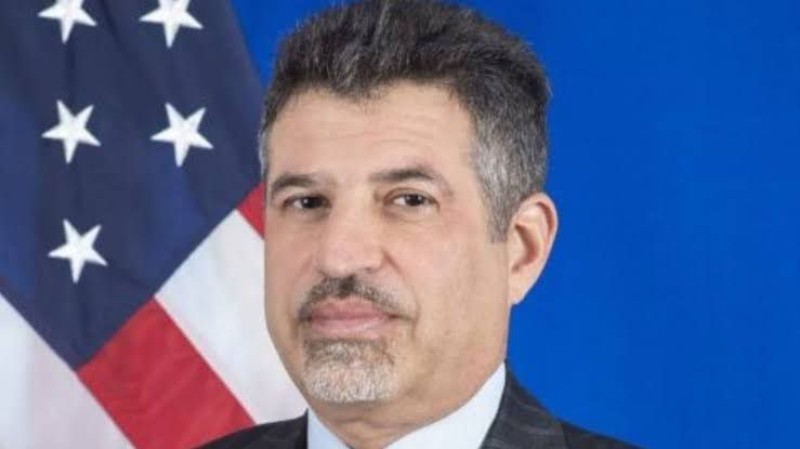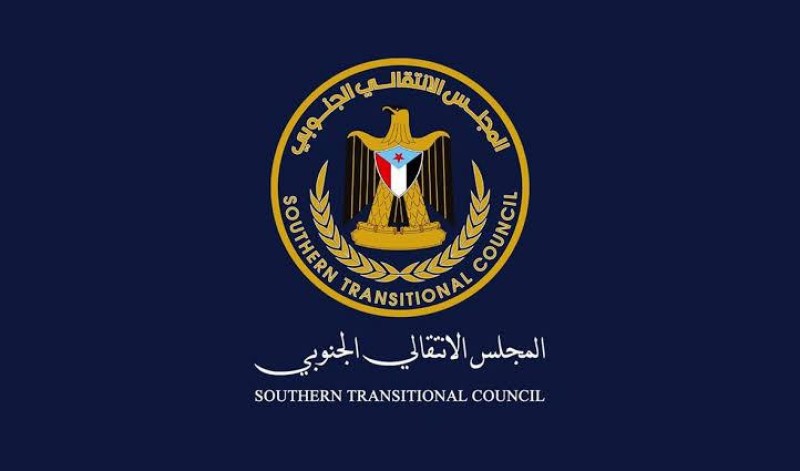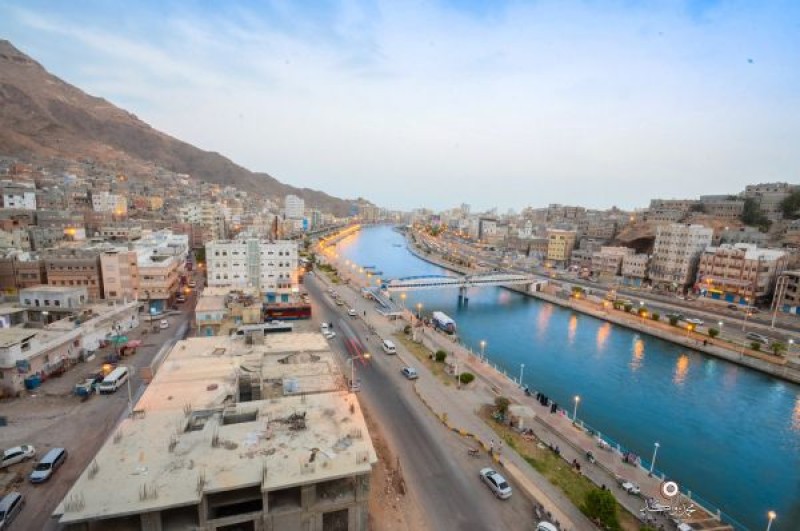Dawn of a new era in Yemen


By Talal Alharbi
After the liberation of Aden and Shabwa, the disastrous adventure of the Iran-backed Houthi rebels appears to have reached a dead end. Forces loyal to President Abed Rabbo Mansour Hadi took back full control of Aden last month and have since driven the Houthis from the provinces of Lahj, Dalea and Abyan.
In an attempt to copy the Iranian revolution model and the Lebanese Hezbollah, the minority sectarian group — Houthis — tried to seize power in a country of 24-million people. They were supported in their misadventure by former President Ali Abdullah Saleh after receiving shiploads of arms and ammunition from Iran.
Although they claim to be fighting for a democratic corrupt-free society, they had in fact betrayed the sacrifices of the Yemeni people who took to the streets to oust President Ali Abdullah Saleh from power. Saleh had ruled the country for over 30 years.
Initially, the Yemeni people had succeeded in making some gains. Saleh was forced to hand over power to the democratically elected government of Abed Rabbo Mansour Hadi.
After surviving a bid on his life, Saleh came to Saudi Arabia to receive treatment from injuries he had sustained in the assassination attempt. In public, Saleh announced his backing for a GCC and UN plan to settle the political dispute, but in secret he was actually conspiring along with the Houthis and even with Al-Qaeda terrorists to foil this plan.
This conspiracy has been documented by a former Al-Qaeda activist in an interview as well as by a telephone conversation with Houthi leaders. The interview and the telephone conversation were broadcast by Al-Jazeera. Eventually, the Houthis with the help of armed forces loyal to Saleh succeeded in taking over the Yemeni capital Sanaa and putting President Hadi and his ministers under house arrest.
Believing that they were in full command, they started to appoint ministers and even signed agreements with the Iranian government that had openly backed their coup. However, Hadi and his Prime Minister, Khaled Bahah, managed to escape and eventually ended up in KSA. Convinced that the UN Security Council and the international community were unable to force the Houthis to implement international resolutions, President Hadi asked the Kingdom officially to help restore his legitimate government.
The Saudi leadership led by King Salman formed an Arab coalition and launched Operation Decisive Storm. It was even prepared to take on any country trying to meddle in the affairs of Yemen. Iran, that was trying to foment trouble to achieve its hegemonic designs, had sent some warships to the Yemeni waters. During more than four months of airstrikes against the Houthi and Saleh forces, the Kingdom kept providing aid to the Yemeni people through its humanitarian program. King Salman Center for Relief and Humanitarian Aid has been sending tons of aids to Yemen.
This shows the sincerity of Saudi leadership to help the people of Yemen. At the same time, Saudi Arabia provided the illegal Yemenis staying in the Kingdom a good opportunity to legalize their residency status.
The correction operation also included prisoners and those with criminal records. According to correction procedures, each Yemeni was issued a six-month renewable "visitor's card" that allows its holder to work in the private sector. More than 400,000 Yemenis have corrected their residency status from all parts of the Kingdom till the first week of August.
While carrying out air raids and fighting Houthi rebels the Saudi leadership didn't close the door for any political solution to the problem. It had agreed to a humanitarian truce and peace talks. Unfortunately, things did not proceed as anticipated because of the Houthis' stubbornness and insistence on continuing the armed conflict.
In the meantime, the Iranian influence was contained in one way or another following the deal with the US regarding Tehran's nuclear project. To Houthis' surprise, popular resistance against the group was growing in various parts of the country. In fact, the Houthis and Saleh made a big mistake by expanding their misadventure all over the country without taking into account the difficult terrains and diverse tribal loyalties. This also led to their failure.
Now, after the killing of over 4,000 civilians, chaos and destruction, Houthis are retreating to their hideouts following the shameful defeat. There are many lessons to learn from Yemen. KSA can never accept presence of a hostile regime in its neighborhood especially when the regime poses a threat to its security. Iranian intervention in Iraq was a different issue, but Tehran's intervention in Yemen showed its hegemonic designs and deserved to be stopped.
Also, it has been proved that a coalition led by Saudi Arabia is much more capable of handling any threat posed to the region by any rogue state than any such coalition formed by international powers.
Arab News

Riyadh — U.S. Ambassador to Yemen, Steven Fagin, on Monday underscored Washington’s commitment to the unity of the Presidential Leaders…

Abyan — The Southern Transitional Council (STC) in Yemen announced on Monday the launch of wide-scale military operations in Abyan province,…

Aden – Yemen is witnessing heightened political activity aimed at defusing tensions in the eastern provinces, where competing forces have vie…